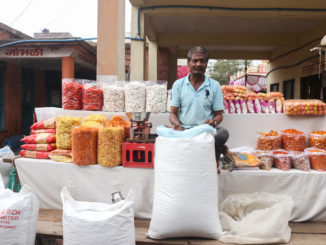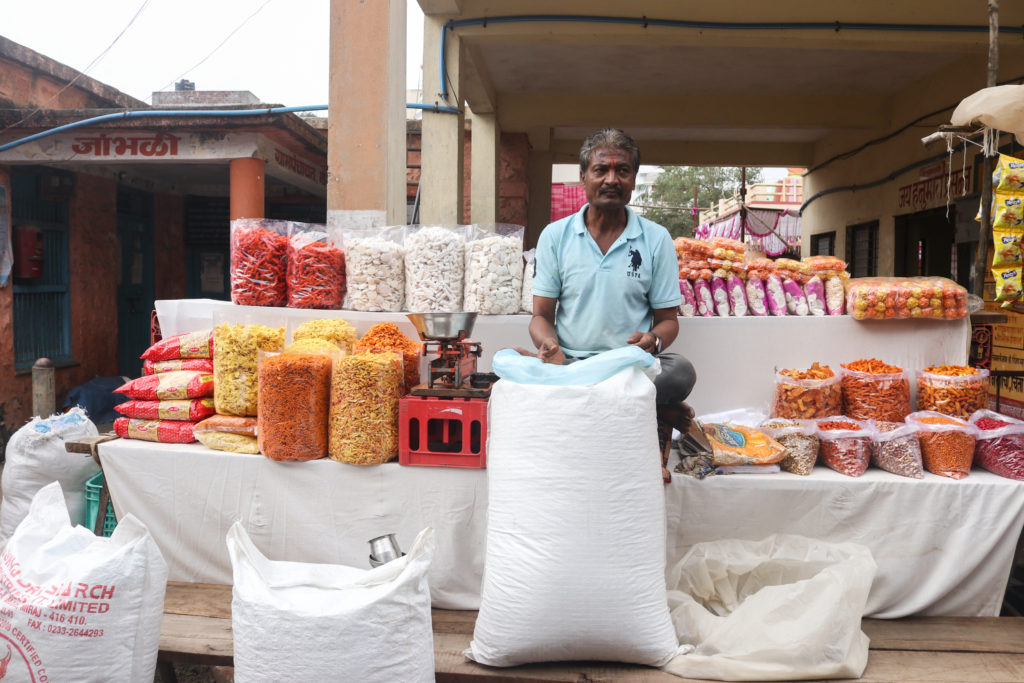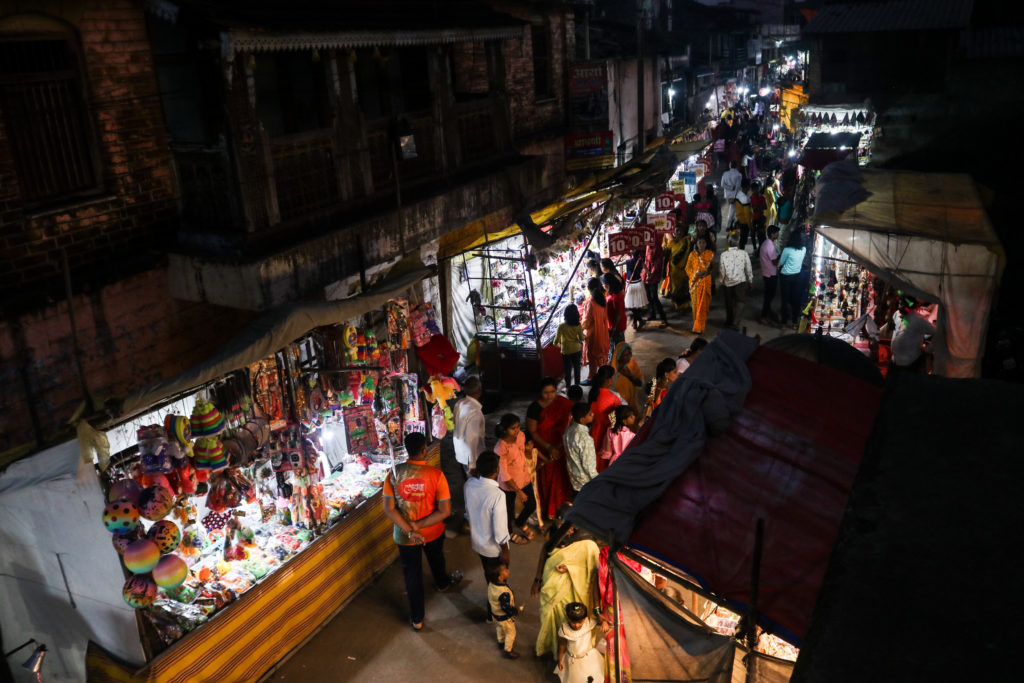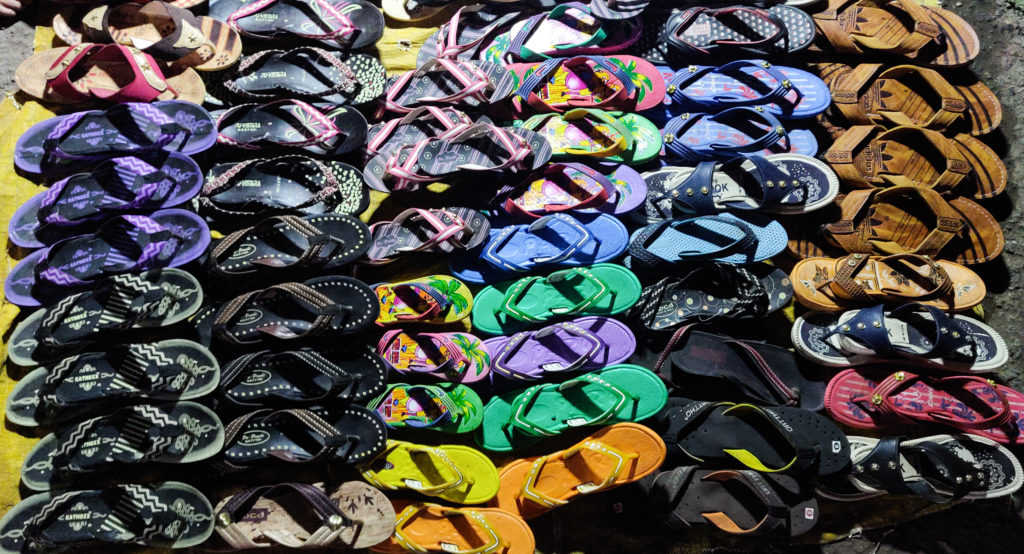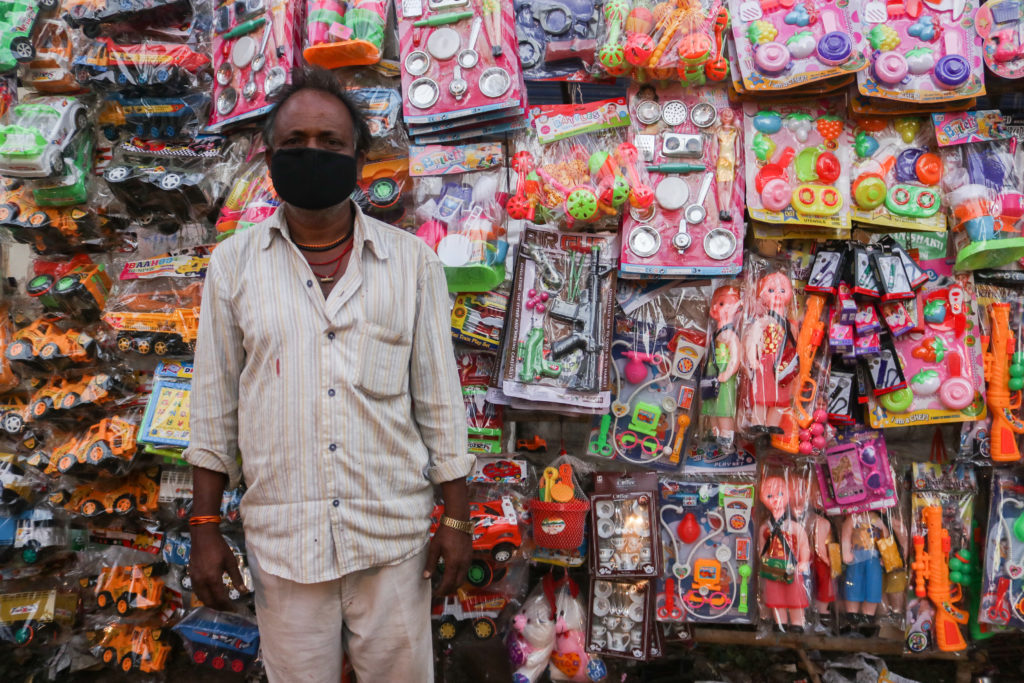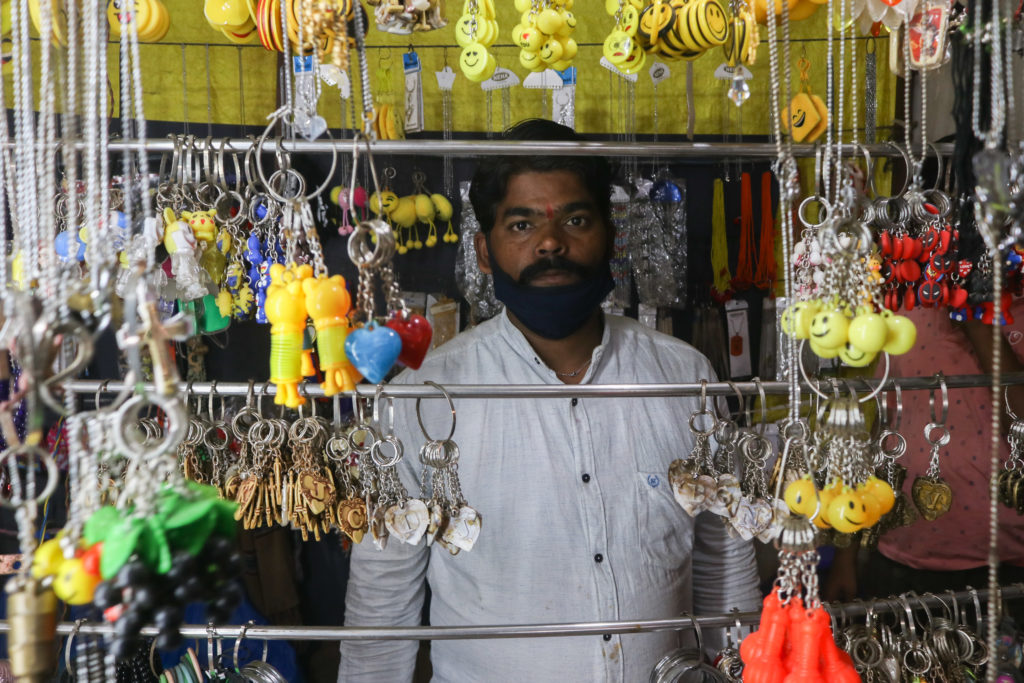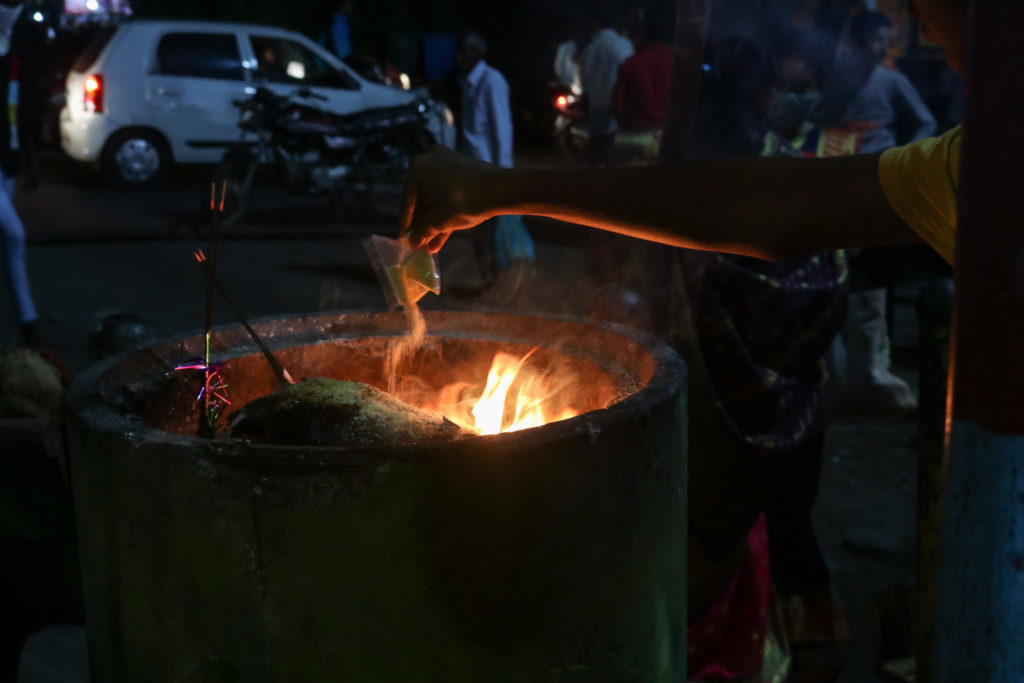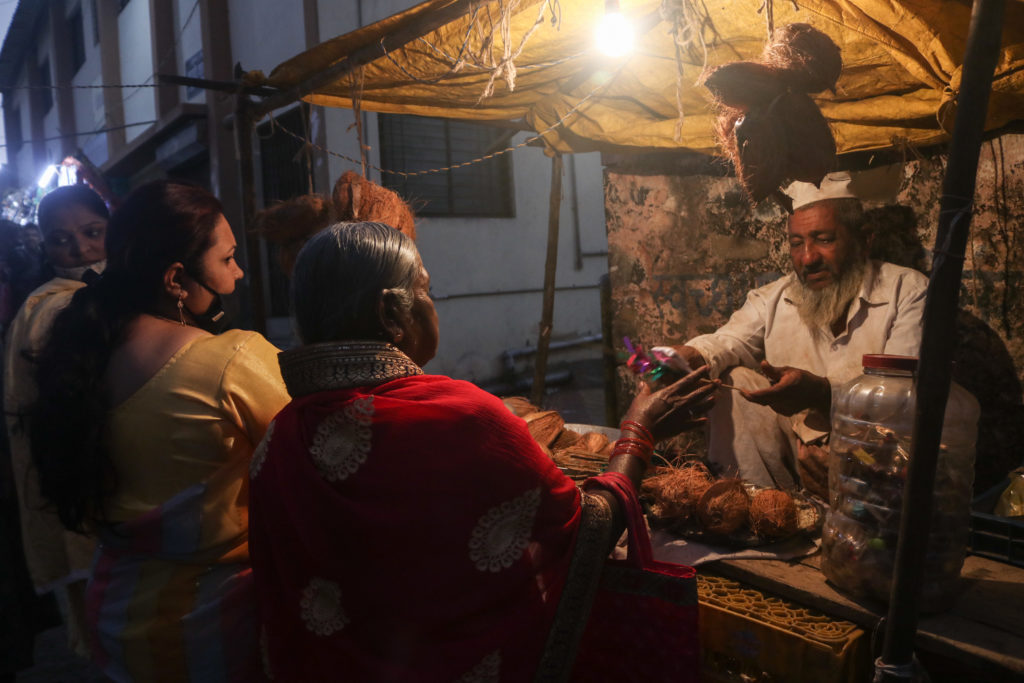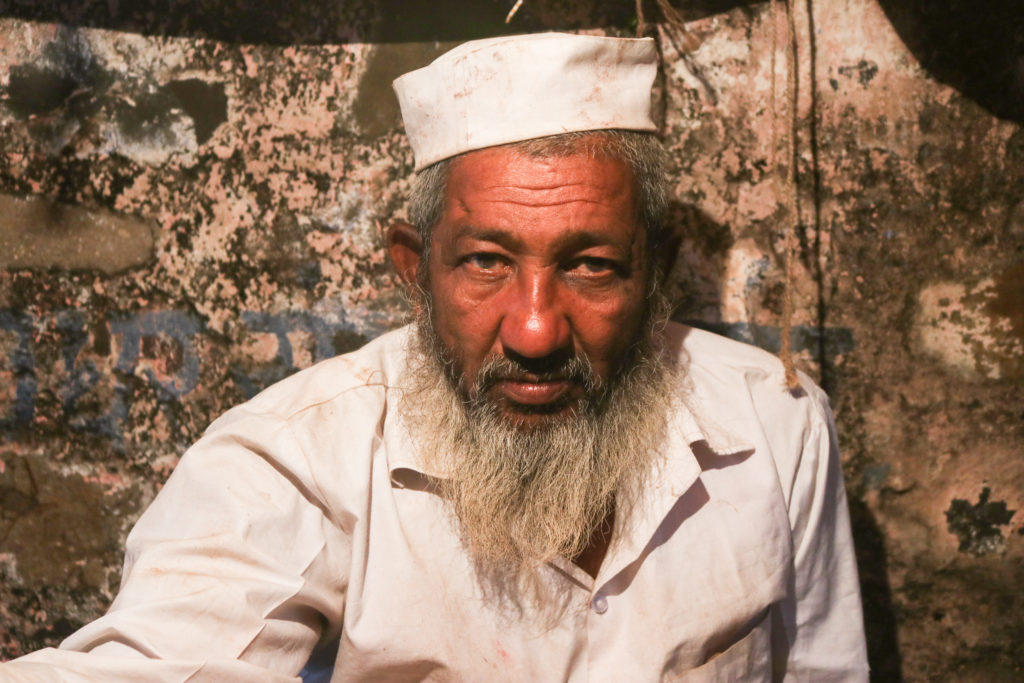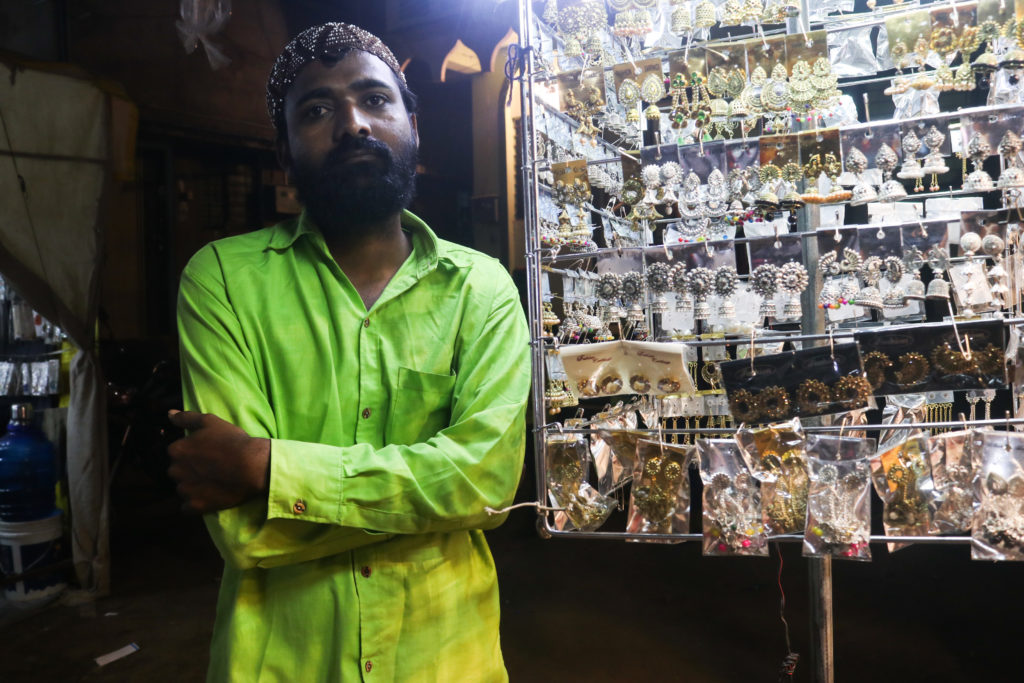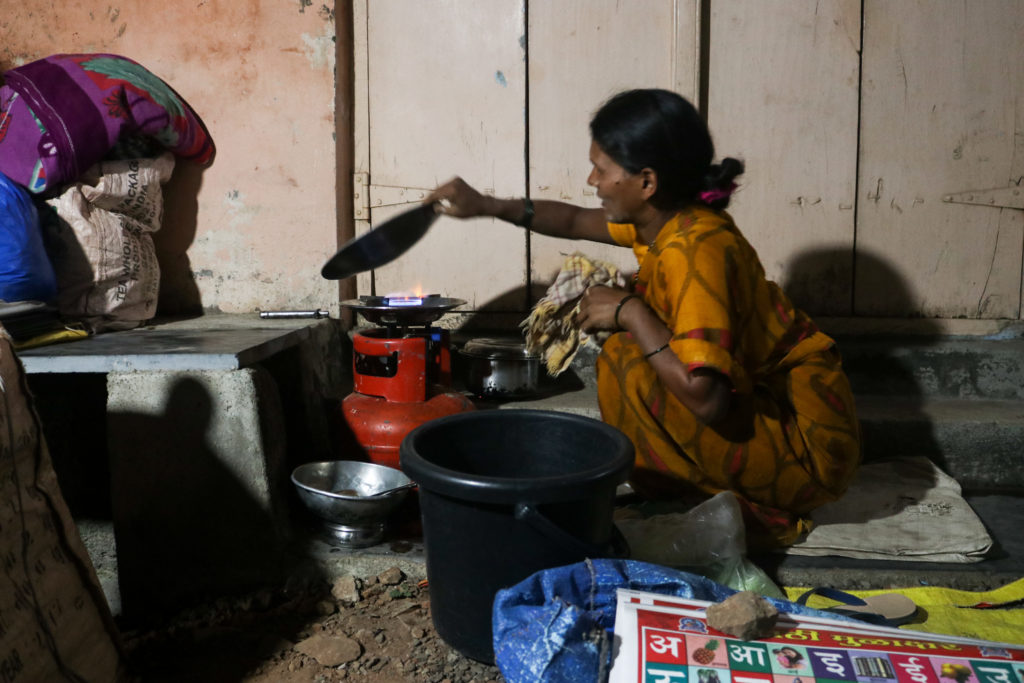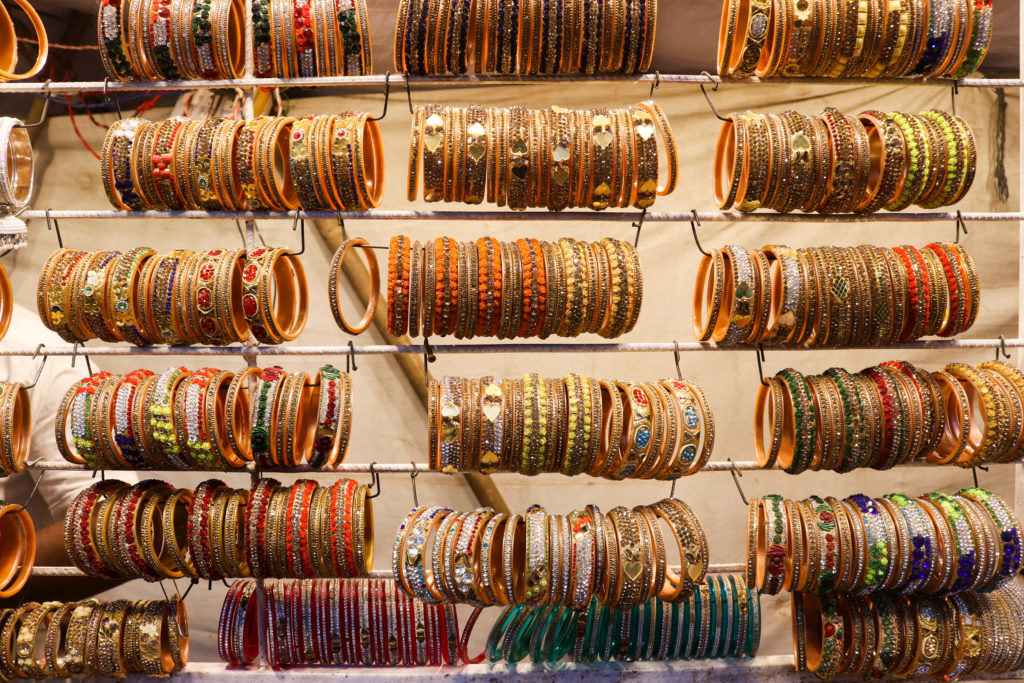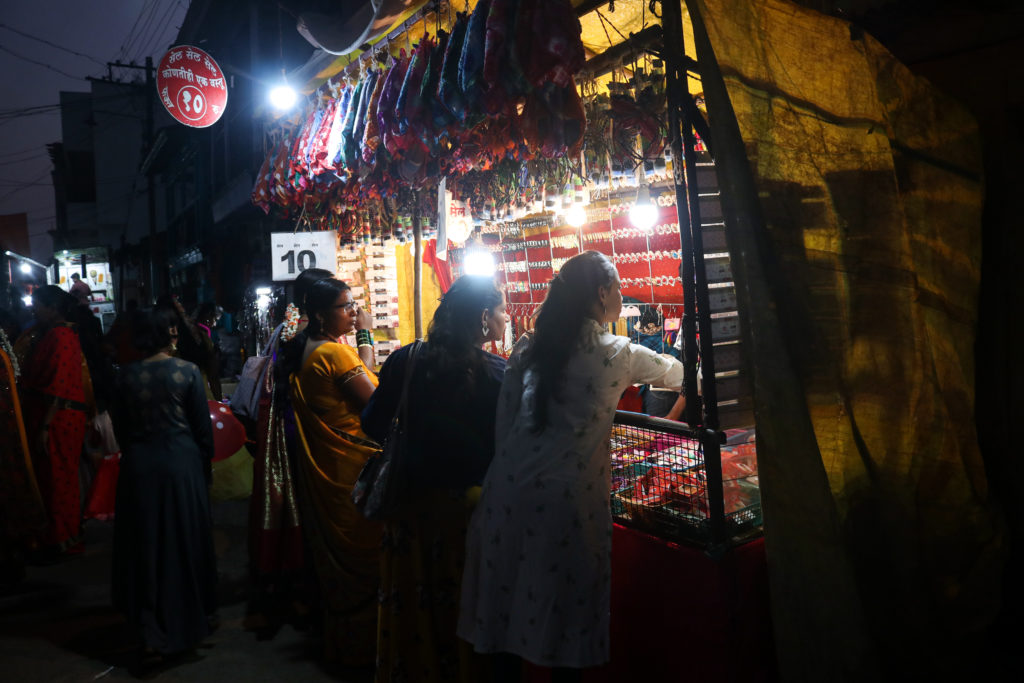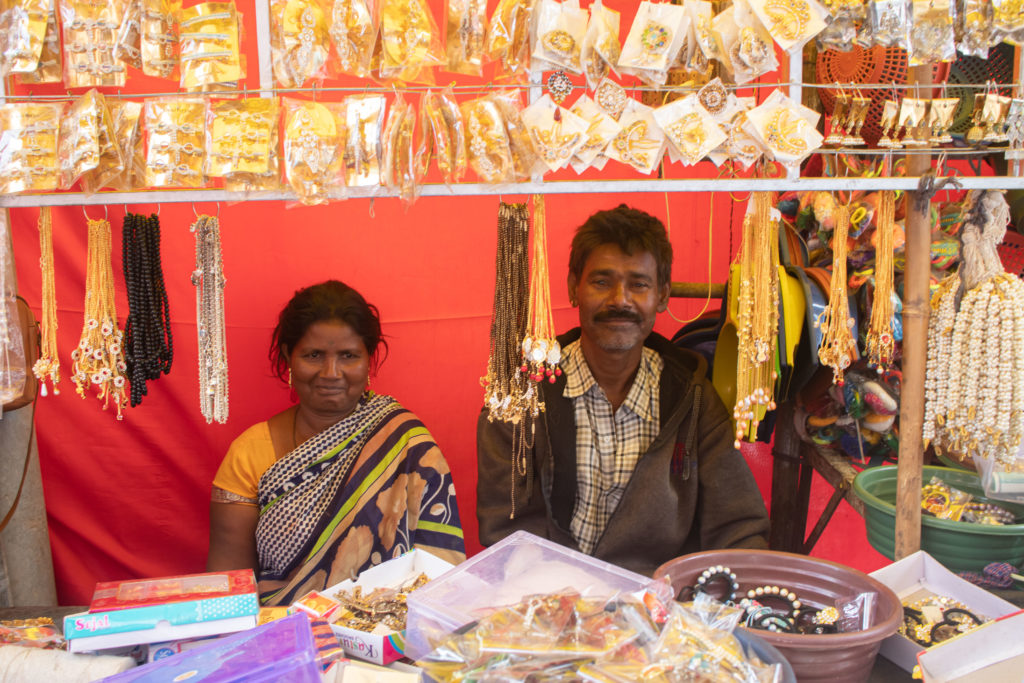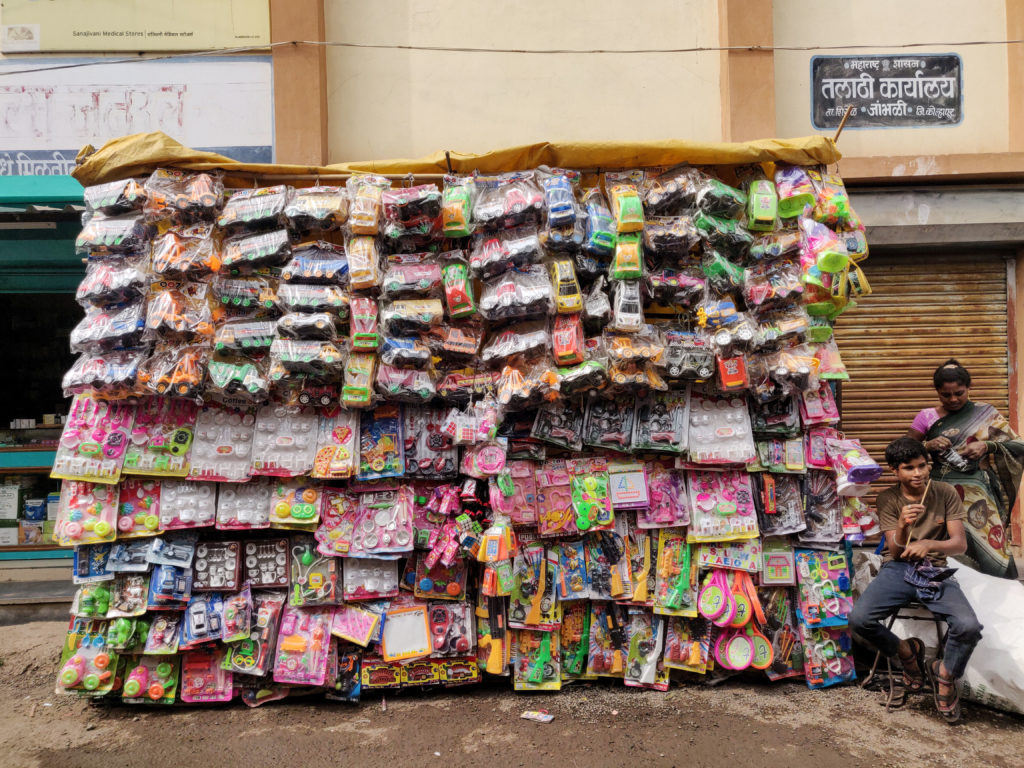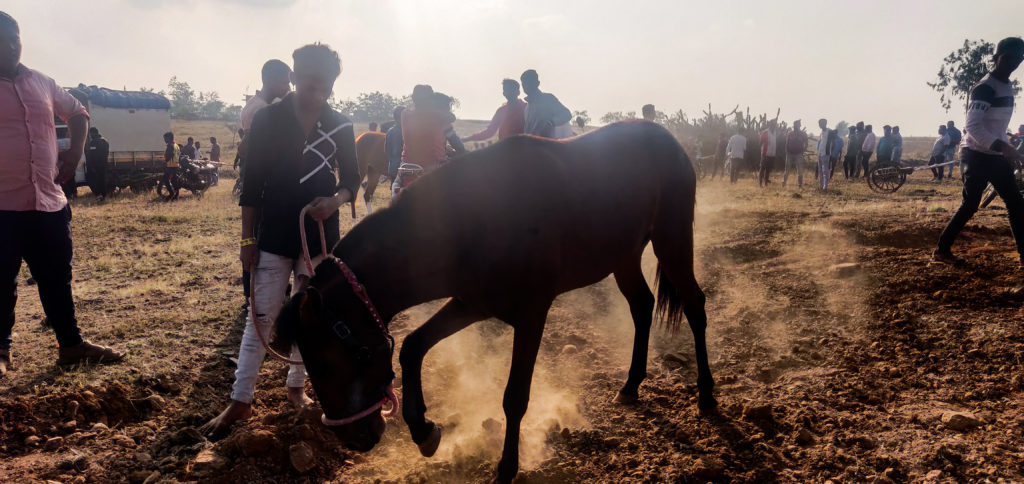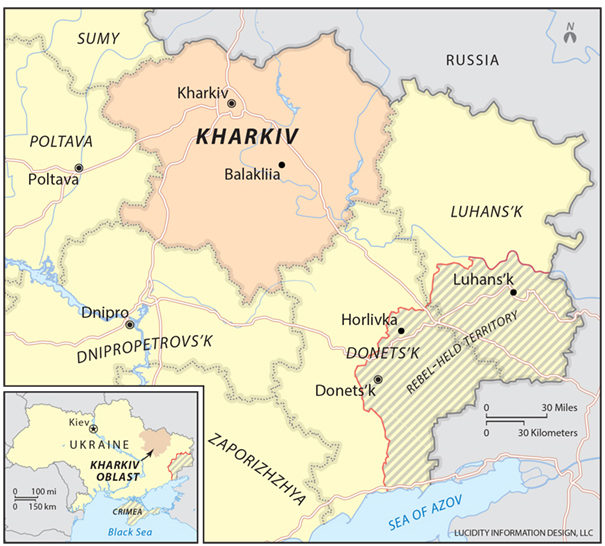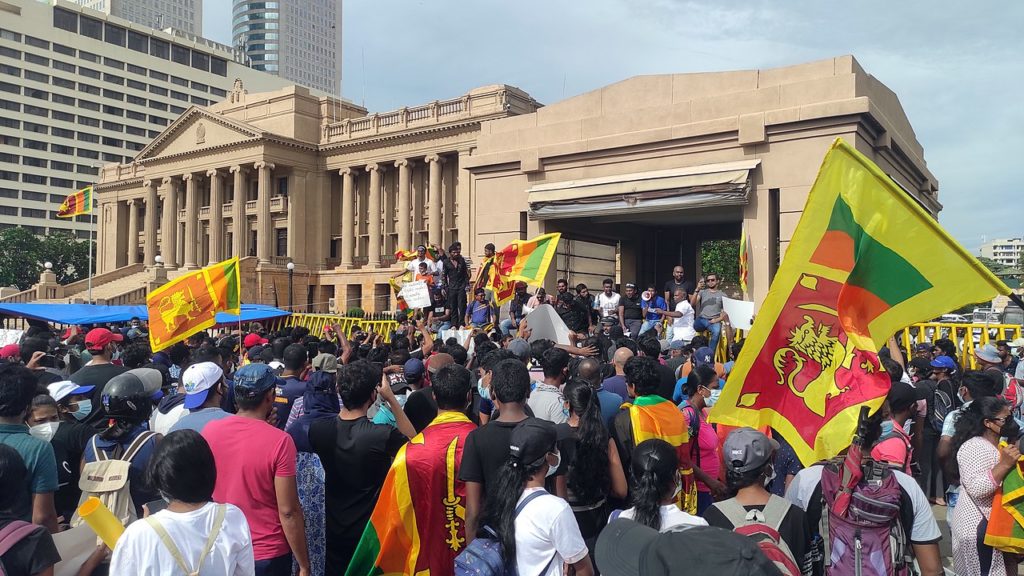
Editor’s Note: This article was originally published by Multipolarista.
Facing a deep economic crisis and bankruptcy, Sri Lanka was rocked by large protests this July, which led to the resignation of the government.
Numerous Western political leaders and media outlets blamed this uprising on a supposed Chinese “debt trap,” echoing a deceptive narrative that has been thoroughly debunked by mainstream academics.
In reality, the vast majority of the South Asian nation’s foreign debt is owed to the West.
Sri Lanka has a history of struggling with Western debt burdens, having gone through 16 “economic stabilization programs” with the Washington-dominated International Monetary Fund (IMF).
These structural adjustment programs clearly have not worked, given Sri Lanka’s economy has been managed by the IMF for many of the decades since it achieved independence from British colonialism in 1948.
As of 2021, a staggering 81 percent of Sri Lanka’s foreign debt was owned by U.S. and European financial institutions, as well as Western allies Japan and India.
This pales in comparison to the mere 10 percent owed to Beijing.

According to official statistics from Sri Lanka’s Department of External Resources, as of the end of April 2021, the plurality of its foreign debt is owned by Western vulture funds and banks, which have nearly half, at 47 percent.
The top holders of the Sri Lankan government’s debt, in the form of international sovereign bonds (ISBs), are the following firms:
- BlackRock (U.S.)
- Ashmore Group (Britain)
- Allianz (Germany)
- UBS (Switzerland)
- HSBC (Britain)
- JPMorgan Chase (U.S.)
- Prudential (U.S.)
The Asian Development Bank and World Bank, which are thoroughly dominated by the United States, own 13 percent and 9 percent of Sri Lanka’s foreign debt, respectively.
Washington’s hegemony over the World Bank is well known, and the U.S. government is the only World Bank Group shareholder with veto power.
Less known is that the Asian Development Bank (ADB) is, too, largely a vehicle of U.S. soft power. Neoconservative DC-based think tank the Center for Strategic and International Studies (CSIS), which is funded by Western governments, affectionately described the ADB as a “strategic asset for the United States,” and a crucial challenger to the much newer, Chinese-led Asian Infrastructure Investment Bank.
“The United States, through its membership in the ADB and with its Indo-Pacific Strategy, seeks to compete with China as a security and economic partner of choice in the region,” boasted CSIS.
Another country that has significant influence over the ADB is Japan, which similarly owns 10 percent of Sri Lanka’s foreign debt.
An additional 2 percent of Sri Lanka’s foreign debt was owed to India as of April 2021, although that number has steadily increased since. In early 2022, India was in fact the top lender to Sri Lanka, with New Delhi disbursing 550 percent more credit than Beijing between January and April.
Both Japan and India are key Western allies, and members of Washington’s anti-China military alliance in the region, the Quad.
Together, these Western firms and their allies Japan and India own 81 percent of Sri Lanka’s foreign debt – more than three-quarters of its international obligations.
By contrast, China owns just one-tenth of Sri Lanka’s foreign debt.
The overwhelming Western role in indebting Sri Lanka is made evident by a graph published by the country’s Department of External Resources, showing the foreign commitments by currency:

As of the end of 2019, less than 5 percent of Sri Lanka’s foreign debt was denominated in China’s currency the yuan (CNY). On the other hand, nearly two-thirds, 64.6 percent, was owed in U.S. dollars, along with an additional 14.4 percent in IMF special drawing rights (SDR) and more than 10 percent in the Japanese yen (JPY).
Western media reporting on the economic crisis in Sri Lanka, however, ignores these facts, giving the strong, and deeply misleading, impression that the chaos is in large part because of Beijing.
Sri Lankan Economic Crisis Driven by Neoliberal Policies, Inflation, Corruption, Covid-19 Pandemic
This July, Sri Lanka’s government was forced to resign, after hundreds of thousands of protesters stormed public buildings, setting some on fire, while also occupying the homes of the country’s leaders.
The protests were driven by skyrocketing rates of inflation, as well as rampant corruption and widespread shortages of fuel, food, and medicine – a product of the country’s inability to pay for imports.
In May, Sri Lanka defaulted on its debt. In June, it tried to negotiate another structural adjustment program with the U.S.-dominated International Monetary Fund (IMF). This would have been Sri Lanka’s 17th IMF bailout, but the talks ended without a deal.
By July, Sri Lankan Prime Minister Ranil Wickremesinghe publicly admitted that his government was “bankrupt.”
Sri Lankan President Gotabaya Rajapaksa, who spent a significant part of his life working in the United States, entered office in 2019 and immediately imposed a series of neoliberal economic policies, which included cutting taxes on corporations.
These neoliberal policies decreased government revenue. And the precarious economic situation was only exacerbated by the impact of the Covid-19 pandemic.
Facing an out-of-control 39.1 percent inflation rate in May, the Sri Lankan government did a 180 and suddenly raised taxes again, further contributing to popular discontent, which broke out in a social explosion in July.
Media Falsely Blames China for Sri Lankan Debt Default
While 81 percent of Sri Lanka’s foreign debt is owned by Western financial institutions, Japan, and India, major corporate media outlets sought to blame China for the country’s bankruptcy and subsequent protests.
The Wall Street Journal pointed the finger at Beijing in a deeply misleading article titled “China’s Lending Comes Under Fire as Sri Lankan Debt Crisis Deepens.” The newspaper noted that the crisis “opens a window for India to push back against Chinese influence in the Indian Ocean region.”
U.S. media giant the Associated Press also tried to scapegoat China, and its deceptive news wire was republished by outlets across the world, from ABC News to Saudi Arabia’s Al Arabiya.
Many corporate media outlets in India, including the New Indian Express, Business Standard, India Today, The Print, as well as Japan’s media conglomerate Nikkei published similarly fallacious reports.
U.S. government propaganda outlet Voice of America, which is closely linked to the CIA, employed the same spurious tactics in an article in April titled “China’s Global Image Under Strain as Sri Lanka Faces Debt Trap.”
VOA accused Beijing of “pursuing a kind of ‘debt-trap diplomacy’ meant to bring economically weak countries to their knees, dependent on China for support.”
China's Global Image Under Strain as Sri Lanka Faces Debt Traphttps://t.co/gqWbe5PGdz
— Voice of America (@VOANews) April 26, 2022
On social media, the Western propaganda narrative surrounding the July protests in Sri Lanka was even more detached from reality.
A veteran of the Central Intelligence Agency (CIA), Defense Intelligence Agency (DIA), and National Security Agency (NSA), Derek J. Grossman, portrayed the unrest as an anti-China uprising.
“China’s window of opportunity to one day control Sri Lanka probably just closed,” he tweeted on July 9, as the government announced it was resigning.
After working for U.S. spy agencies, Grossman is today an analyst at the Pentagon’s main think tank, the RAND Corporation, where he has pushed a hawkish line against Beijing.
China’s window of opportunity to one day control Sri Lanka probably just closed. pic.twitter.com/WOLIb3SUTf
— Derek J. Grossman (@DerekJGrossman) July 9, 2022
BBC Reluctantly Admits the ‘Chinese Debt Trap’ Narrative in Sri Lanka Is False
China has funded several large infrastructure projects in Sri Lanka, building an international airport, hospitals, a convention center, a sports stadium, and most controversially a port in the southern coastal town of Hambantota.
The UK government’s BBC sent a reporter to Sri Lanka to investigate these accusations of supposed “Chinese debt traps.” But after speaking to locals, he reluctantly came to the conclusion that the narrative is false.
“The truth is that many independent experts say that we should be wary of the Chinese debt trap narrative, and we’ve found quite a lot of evidence here in Sri Lanka which contradicts it,” BBC host Ben Chu acknowledged.
He explained, “The Hambantota port, well, that was instigated by the Sri Lankans, not by the Chinese. And it can’t currently be used by Chinese military naval vessels, and actually there’s some pretty formidable barriers to that happening.”
“A lot of the projects we’ve been seeing, well, they feel more like white elephants than they do Chinese global strategic assets,” Chu added.
In our latest film from Sri Lanka, which faces financial collapse as the global Big Squeeze bites, Ben Chu examines the effect that Chinese loans and investment are having on the country:#Newsnight https://t.co/GBFZ1ItP0G
— BBC Newsnight (@BBCNewsnight) June 22, 2022
The British state media outlet interviewed the director of Port City Colombo’s economic commission, Saliya Wickramasuriya, who emphasized, “The Chinese government is not involved in setting the rules and regulations, so from that standpoint the government of Sri Lanka is in control, and it’s up to the government of Sri Lanka’s wish to flavor the city, the development of the city, in the way it wants to.”
“It is accurate to say that infrastructure development has boomed under Chinese investment, Chinese debt sometimes, but those are things that we’ve actually needed for a long, long time,” Wickramasuriya added.
Chu clarified that, “Importantly, it’s not debt but equity the Chinese own here.”
“So is the debt trap not all it seems?” he asked.
Mainstream U.S. Academics Debunk the ‘Chinese Debt Trap’ Myth
Mainstream Western academics have similarly investigated the claims of “Chinese debt traps,” and come to the conclusion that they do not exist.
Even a professor at Johns Hopkins University’s School of Advanced International Studies, which is notorious for its revolving door with the U.S. government and close links to spy agencies, acknowledged that “the Chinese ‘debt trap’ is a myth.”
Writing in 2021 in the de facto mouthpiece of the DC political establishment, The Atlantic magazine, scholar Deborah Brautigam stated clearly that the debt-trap narrative is “a lie, and a powerful one.”
“Our research shows that Chinese banks are willing to restructure the terms of existing loans and have never actually seized an asset from any country, much less the port of Hambantota,” Brautigam said in the article, which was co-authored by Meg Rithmire, a professor at the stridently anti-socialist Harvard Business School.
The Chinese "debt-trap" narrative is a false one which wrongfully portrays both Beijing and the developing countries it deals with, Deborah Brautigam and Meg Rithmire write: https://t.co/FagExsdeNT
— The Atlantic (@TheAtlantic) February 7, 2021
Brautigam published her findings in a 2020 article for Johns Hopkins’ China Africa Research Initiative, titled “Debt Relief with Chinese Characteristics,” along with fellow researchers Kevin Acker and Yufan Huang.
They investigated Chinese loans in Sri Lanka, Iraq, Zimbabwe, Ethiopia, Angola, and the Republic of Congo, and “found no ‘asset seizures’ and, despite contract clauses requiring arbitration, no evidence of the use of courts to enforce payments, or application of penalty interest rates.”
They discovered that Beijing cancelled more than $3.4 billion and restructured or refinanced roughly $15 billion of debt in Africa between 2000 and 2019. At least 26 individual loans to African nations were renegotiated.
Western critics have attacked Beijing, claiming there is a lack of transparency surrounding its loans. Brautigam explained that “Chinese lenders prefer to address restructuring quietly, on a bilateral basis, tailoring programs to each situation.”
The researchers noted that China puts an “emphasis on ‘development sustainability’ (looking at the future contribution of the project) rather than ‘debt sustainability’ (looking at the current state of the economy) as the basis of project lending decisions.”
“Moreover, despite critics’ worries that China could seize its borrower’s assets, we do not see China attempting to take advantage of countries in debt distress,” they added.
“There were no ‘asset seizures’ in the 16 restructuring cases that we found,” the scholars continued. “We have not yet seen cases in Africa where Chinese banks or companies have sued sovereign governments or exercised the option for international arbitration standard in Chinese loan contracts.”
Benjamin Norton is founder and editor of Multipolarista.

